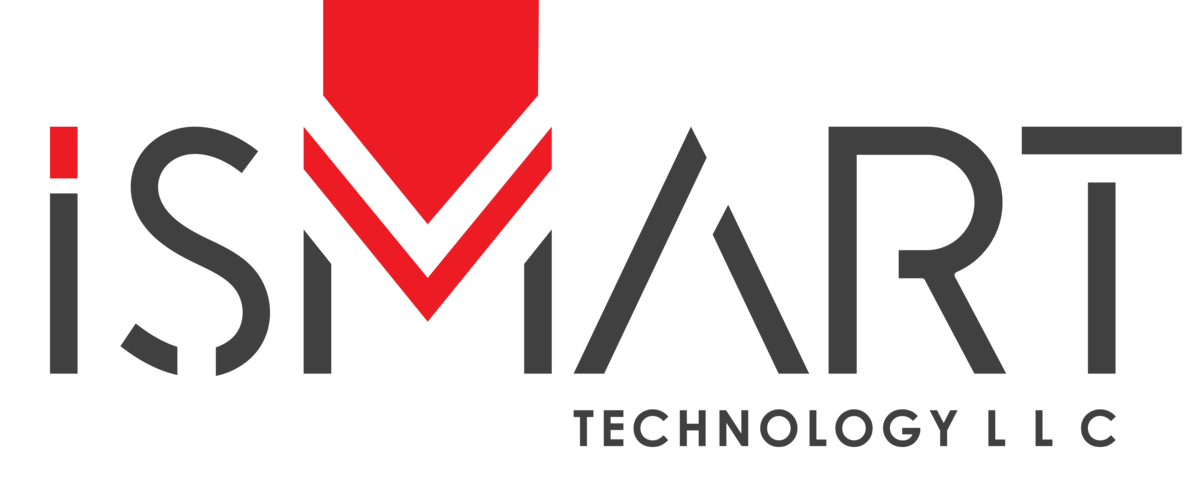In Line segment XY is tangent to circle Z at point U. If the measure of UV is 84, what is the measure of YUV. A. 42 B. 84 C. 96 D. 168 the ever-evolving world of education, where information flows abundantly and access to expertise is just a click away, student-driven encyclopedias are becoming a dynamic tool in the understanding procedure.

These platforms not only give pupils with a database of info yet additionally motivate them to contribute, modify, and curate content, promoting a collective and interactive learning environment.
As academic standards shift towards even more participatory and comprehensive versions, the idea of student-driven encyclopedias embodies this improvement. These platforms empower pupils to end up being energetic participants in understanding creation, linking the gap in between conventional book knowing and modern-day electronic sources.
The Principle of Student-Driven Encyclopedias
Student-driven encyclopedias are digital systems where pupils collectively collect, verify, and share information on a vast range of topics. Unlike conventional encyclopedias, which are frequently composed by professionals, these platforms utilize the collective efforts of pupils to create a detailed body of expertise.

At their core, student-driven encyclopedias are developed to cultivate crucial reasoning, research abilities, and digital literacy amongst pupils. By engaging in the process of web content creation, students discover to browse and examine info seriously, skills that are vital in today’s information-rich culture.
Moreover, these systems serve as an area for students to discover their interests and share their know-how. This autonomous approach to expertise production makes certain that a varied range of viewpoints and voices are represented, enriching the learning experience for all individuals.
- Trainees gain hands-on experience in research study and material production.
- Encourages partnership and peer interaction.
- Promotes a deeper understanding of subject matter.
- Fosters inclusivity and diversity in expertise representation.
Fundamentally, student-driven encyclopedias transform students from passive recipients of info right into active factors, instilling a sense of ownership and responsibility in their academic trip.
Advantages of Student-Driven Encyclopedias
Among the principal advantages of student-driven encyclopedias is the development of crucial 21st-century skills. As students participate in the procedure of material production, they hone their critical thinking, electronic literacy, and interaction skills, every one of which are crucial in today’s interconnected world.
In addition, these systems urge a collective learning environment, where trainees can work together to verify details, discussion various perspectives, and co-edit posts. This peer-to-peer communication not only boosts finding out outcomes however likewise fosters a feeling of community and shared respect amongst students.
Moreover, student-driven encyclopedias provide a platform for showcasing pupil work. As trainees add to the encyclopedia, they develop a profile of their research study and writing, which can be vital for more scholastic and professional quests.
Obstacles and Limitations

Despite the various benefits, student-driven encyclopedias additionally encounter particular challenges. Guaranteeing the precision and dependability of info is paramount, as these systems rely upon payments from trainees who may not yet have expert-level expertise.
- Maintaining content top quality and precision.
- Offering adequate supervision and assistance.
- Guaranteeing fair gain access to and inclusivity.
To minimize these challenges, many student-driven encyclopedias execute a system of checks and equilibriums, where content is reviewed by educators or specialists prior to publication. This makes certain that the information provided is both accurate and trustworthy, maintaining the honesty of the platform.
The Future of Student-Driven Encyclopedias
As innovation remains to development and the landscape of education advances, the possibility for student-driven encyclopedias is huge. These platforms have the capability to not just complement typical educational resources yet additionally redefine the way understanding is obtained and shared.
In the future, we could see student-driven encyclopedias incorporating more advanced modern technologies such as artificial intelligence and artificial intelligence to boost material curation and customization. Furthermore, they may increase past textual info to include multimedia content, supplying a more immersive learning experience.
Equipping the Next Generation
Student-driven encyclopedias hold the guarantee of empowering the future generation of students. By putting pupils at the helm of knowledge questions and answers production, these platforms urge lifelong understanding, curiosity, and intellectual independence.
Finally, as academic systems remain to introduce, student-driven encyclopedias stand as a testament to the power of cooperation and the significance of pupil company in the knowing procedure. By welcoming these systems, we unlock to a more inclusive, appealing, and dynamic educational experience for all.
